Welcome to Year 1. Mrs Carter, Mrs Calvert and Mrs Ashall are looking forward to working with you this year.
|
As a school we are committed to safeguarding children from harm. We want to ensure children are aware of behaviour towards them that is not acceptable and how they can keep themselves safe. Specific examples of this in the Year 1 curriculum are:
|
|
|
Specific examples of this across the Key Stage 1 curriculum are:
|
As part of the broader curriculum in Y1 we routinely;
|
Year 1 Themes
Our themes this year are below. Click on the link for the theme overview:
Below are some knowledge organisers that will help with learning key concepts this term.
Y1 Seasonal Changes - Knowledge Organiser
Animals including humans - Knowledge Organiser
Term 2 : Let's Explore
Below are some knowledge organisers that will help with learning key concepts this term.
Y1 Seasonal Changes - Knowledge Organiser
Let's Explore - Knowledge Organiser
Term 3 : There's no place like home
Below are some knowledge organisers that will help with key concepts this term.
Great Fire of London - Knowledge Organiser
Our school and local area - Knowledge Organiser
Materials and their properties - Knowledge Organiser
Seasonal Changes - Aut-Win - Knowledge Organiser
Term 4 : Make Believe
Below are some knowledge organisers that will help with key concepts this term.
Lives of Significant Individuals - Royal Family - Knowledge Organiser
Seasonal Changes - Spr and Sum - Knowledge Organiser
Term 5 : Eco Warriors
Below are some knowledge organisers that will help with key concepts this term.
Seasonal Changes - Spr and Sum - Knowledge Organiser
Term 6 : Claws and Paws
Below are some knowledge organisers that will help with key concepts this term.
Seasonal Changes - Spr and Sum - Knowledge Organiser
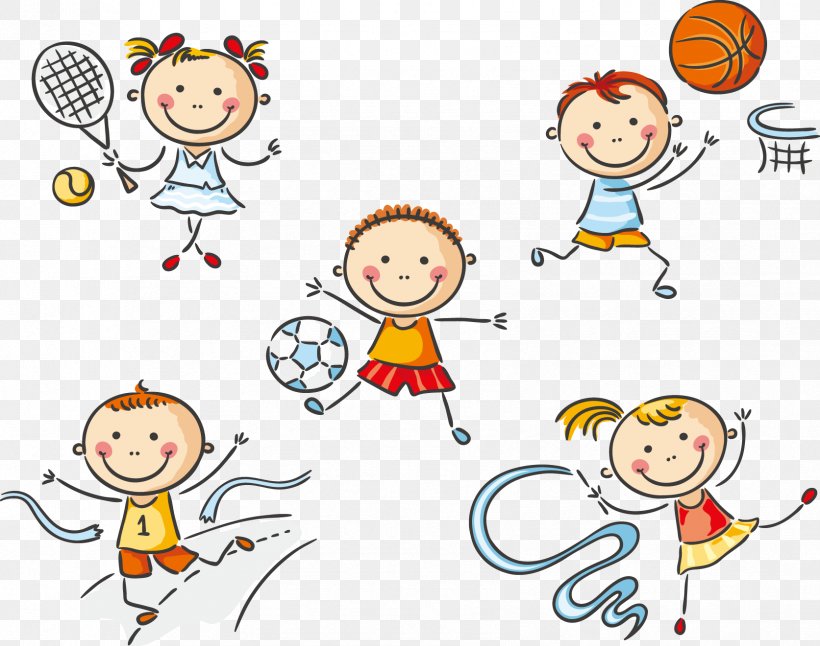 Physical Education
Physical Education
PE Days this term are on a Monday and a Wednesday.
Please make sure your child has appropriate clothing for outdoor PE sessions and that all clothing is clearly named.
Home Learning
Your child will either be sent home with, or uploaded to Google Classroom, resources to support reading, writing and maths. Additional support at home is invaluable and has a huge impact on children's progress in school. We expect that children will be doing around 15 minutes of home learning a day but it is up to you how you organise your week. We do, however, recommend that children read for at least 5-10 minutes every day.
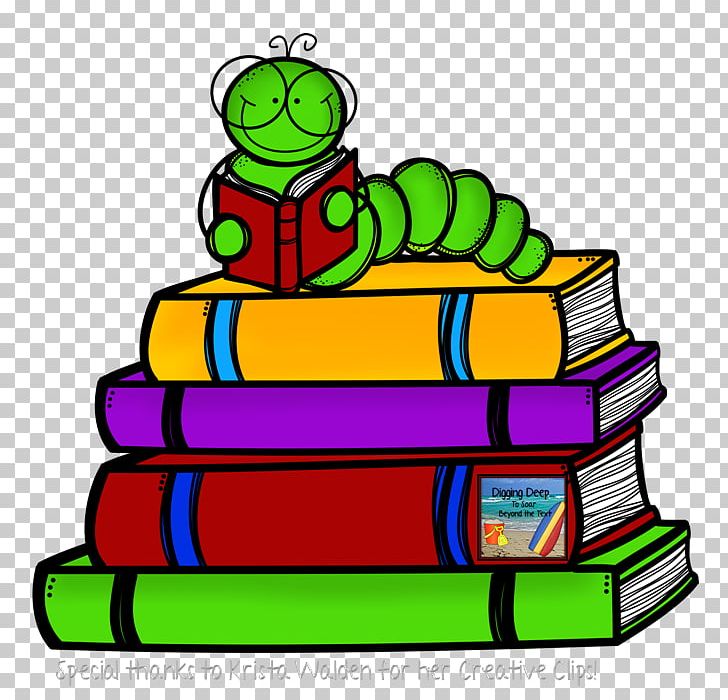 Reading
Reading
As part of the Read Write Inc. synthetic phonics programme, children read every day in school. They will bring home their levelled story book after they have read it three times in school and so should be able to read it with fluency and expression. As well as this, children will bring a matching 'book bag' book. This will have similar vocabulary to their storybook but the text itself will be new to them.
Depending on which group your child is in for their Read Write Inc. sessions, they may bring new books home once or twice a week. We expect children to read daily at home and you should record their reading in their yellow reading record. We also recommend that children read texts more than once: the first read for decoding and vocabulary, the second for fluency and the third to read like a storyteller.
Please click here to access the Y1 VIPERS Bookmark
Please click here for information about how the reading records should be used
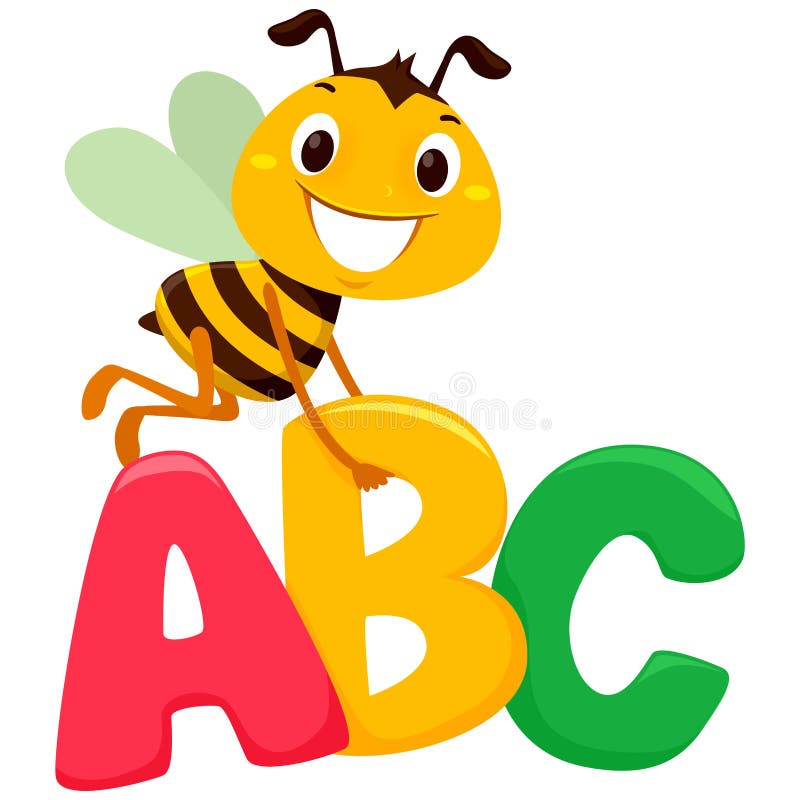 Spellings
Spellings
Below are some the key year 1 words the children will need to know how to spell correctly in their written work by the end of the year. These will be the children's termly spellings. Each term your child will have some of these to learn. If your child is able to spell each of these words correctly at the end of the term they will receive a spelling star certificate in celebration assembly.
Children will come home with a new set of spellings each week in their spelling book which will be the Year 1 spelling rules linked to the National Curriculum.
This book will come home with their weekly spellings on a Wednesday for the children to practise and will be tested on the following Monday. This book will need to come into school every Monday for the new words to be put into.
Your child could practise by writing out the words several times and we recommend that they write them in a simple sentence too. Alternative ways of learning their spellings are making the words using magnetic letters or letter cards, writing words in sand or using chalks on the pavement. Not all children learn best by writing these down using pencil and paper and feel free to be as imaginative as you like to support your children learning their spellings. Once taught and tested, children will be expected to spell these correctly in their work and will become ‘non-negotiables.’ Therefore, if they are spelled incorrectly in their work, they will be asked to correct them.

![]() Online Maths Activities - QR Codes
Online Maths Activities - QR Codes
Below are a variety of QR codes linked to online Maths games that your child could access at home to support their learning.
To access these codes: Open the camera on a phone or device such as an i-Pad or tablet. Hold the camera up to the QR code and wait (do not take a photo!). A drop down banner will appear for you to click on. This will open up the activity.
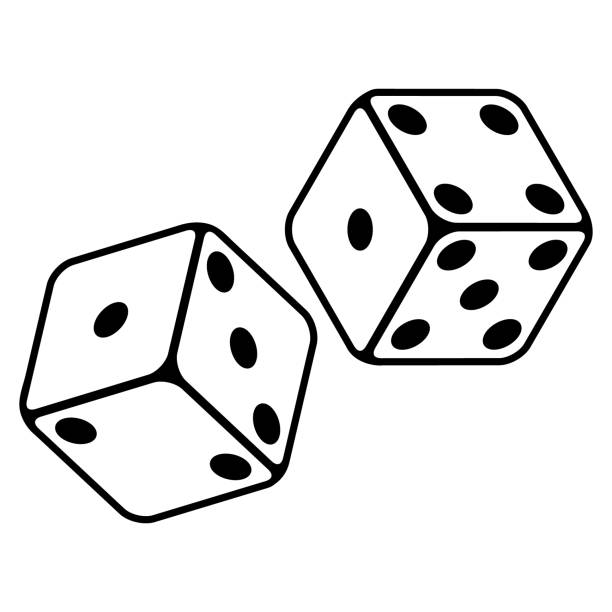 Maths Games
Maths Games
In terms of home learning in Maths, we have adopted a games based approach.
Please see the attached document for further information as well as our first game, Shut the Box.'
Maths Games- Term 1- Shut the Box
Maths Games - Term 2 - Top Trumps
Maths Games - Term 3 - Card Games (dreme family card game booklet)
Maths Games - Term 5 - Dominoes

Towards the end of Year 1 your child will take the phonics check which is a national check of children’s ability to decode real and nonsense words to read. We continue to teach phonics every day as part of the Read Write Inc. Synthetic Phonics Programme. Children are grouped in terms of their phonic and reading ability. Each week, we will upload onto Google Classroom videos of the sounds (graphemes) your child has been focusing on. Please practise these at home with your child.
You could:
- Watch the video together
- Hunt for words including the new grapheme in books
- Write a list of words including the new grapheme
- Write sentences including words with the new grapheme

![]() Non-Negotiables
Non-Negotiables
Your child may come home and talk about Non-Negotiables. These are aspects of English that all children in Year 1 are expected to achieve by the end of the year. Currently, our Non-Negotiables display has finger spaces as an expectation. This helps children know what they need to check for in their independent work. In Term 2, we will add capital letters at the start of sentences as a basic expectation. In Term 3, we will expect all sentences to end with a full stop and we encourage children to include the word 'and' to join simple sentences and extend their sentences.
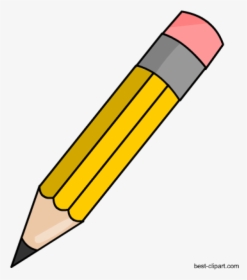 Handwriting
Handwriting
In Year 1 we continue to support the children with their handwriting in order to improve standards across the school. The phrases we use are the same as learned in Reception. For example, the letter ‘a’ would be; Round the apple, down the leaf. We learn and practise these letters in during handwriting sessions and encourage children to use the correct formation in their independent writing.
 Year 1 Recommended Reading List
Year 1 Recommended Reading List
As well as being an enjoyable pastime, reading impacts hugely on children’s writing ability and general learning. Therefore, we encourage children to read as much as possible, both at home and in school. To assist with the difficult task of choosing a new book, we have put together a recommended reading list for each year group. A lot of these books are available within the classroom, or the shared school library; we are gradually stocking up to build on the range of books available to children. This is not an exhaustive list, but represents a cross-section of books suitable for your child’s year group. Some of the texts are more difficult to read than others and care should be taken when choosing those which your child might enjoy. Please discuss the books your child reads with him/her and remember that it is also important to continue to read stories to your child as he /she moves through the school.
Please note – some of these books, due to their challenging nature, are also on the Y2 reading list
| The Very Hungry Caterpillar – Eric Carle | We’re Going on a Bear Hunt - Michael Rosen | Peace at Last – Jill Murphy | A First Book of Nature – Nicola Davies | Avocado Baby – John Burningham |
| Black Dog and The Django – Levi Pinfold | Cops and Robbers, The Jolly Postman and Funnybones – Allan Ahlberg | I Am Henry Finch – Alexis Deacon, Viviane Schwarz | Journey – Aaron Becker | Little Red and the Very Hungry Lion – Alex T Smith |
| Mister Magnolia – Quentin Blake | My Big Barefoot Book of Wonderful Words - Sophie Fatus | Out for the Count – Anne Fine | See Inside the World of Shakespeare – Rob Lloyd Jones | The Cat in the Hat – Dr Suess |
| The Dark – Lemony Snicket | The Girl with the Parrot on Her Head – Daisy Hirst | Man on the Moon – Simon Bartram | The Owl Who was Afraid of the Dark – Jill Tomlinson | The Paper Dolls – Julia Donaldson |
| Emperor of Absurdia – Chris Riddell | The Gruffalo – Julia Donaldson | Beegu – Alexis Deacon | The Day the Crayons Quit – Drew Daywalt | Tiny Seed and The Bad-Tempered Ladybird – Eric Carle |
| Three By the Sea – Mini Grey | The Gigantic Turnip – Alexei Tolstoy | The Trouble with Jack – Shirley Hughes |
Mister Magnolia – Quentin Blake | Frog and Toad Are Friends – Arnold Lobel |
| Amazing Grace – Mary Hoffman | Where the Wild Things Are – Maurice Sendak | Traction Man series – Mini Grey | Dogger – Shirley Hughes |




